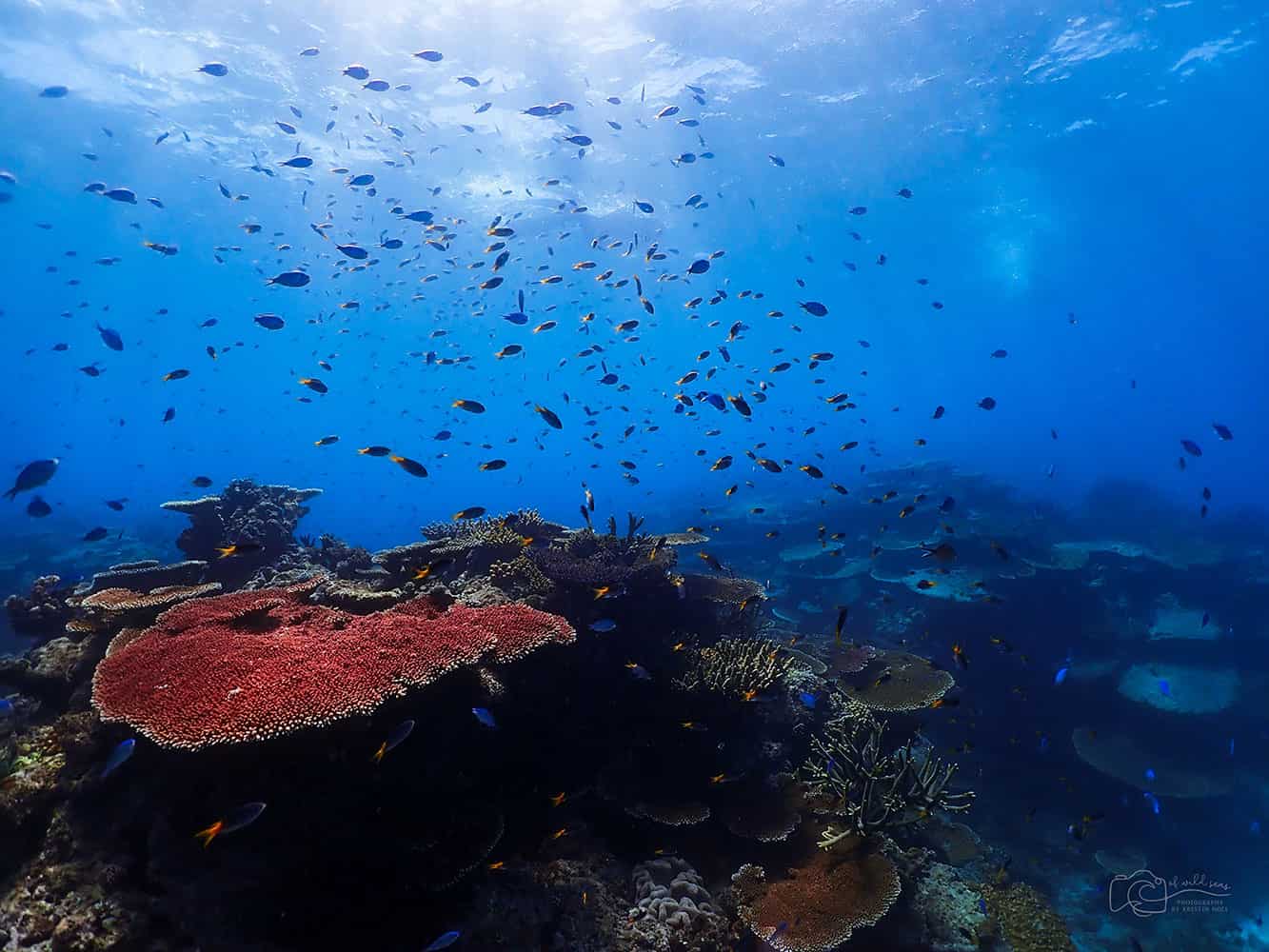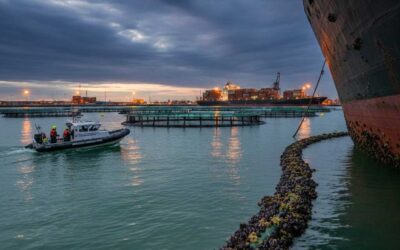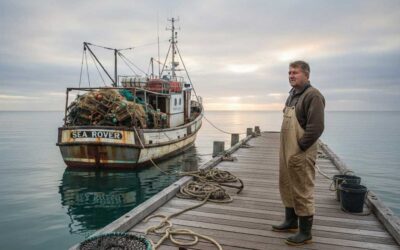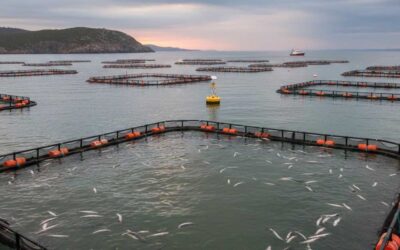Introduction
The ocean is vast, but access to its resources is increasingly contested. For Australia’s seafood industry, the ability to catch fish or farm aquaculture is not simply a matter of physical effort — it depends on legal rights to access marine and coastal resources.
As demand for seafood grows, governments, communities, and industries are competing for the same space. Offshore energy projects, conservation areas, tourism, and shipping all intersect with fisheries and aquaculture. On top of this, Indigenous rights, native title, and international law add further complexity.
This article explores:
- The growing pressures on resource access;
- The processes for securing rights and food security;
- The legal issues that define who gets priority; and
- Practical steps for seafood businesses to protect their future access.
The Issue: Competing Demands on Marine Resources
Marine and coastal areas are becoming more crowded. Key pressures include:
- Offshore energy projects: Wind farms, oil and gas, and renewables taking up sea space.
- Conservation and marine parks: Expanding protected areas restrict fishing and aquaculture zones.
- Tourism and recreation: Demands for open waters conflict with commercial use.
- Urban and coastal development: Land-based aquaculture competes with residential and industrial needs.
- Indigenous rights and native title: Growing recognition of sea country rights requires careful legal balancing.
- Food security: Rising populations demand stable and sustainable seafood supply.
Future trend: The seafood industry will need to fight harder — legally and politically — to secure its share of marine and coastal resources.
Processes: How Access and Security Are Managed
Access to seafood resources is managed through a mix of regulatory and contractual processes:
- Licences and Leases
-
- Governments issue fishing licences and aquaculture leases.
- Conditions often include sustainability obligations and reporting requirements.
- Marine Spatial Planning
-
- Authorities allocate zones for fishing, aquaculture, conservation, and other uses.
- Increasingly influenced by climate and biodiversity policies.
- Native Title and Indigenous Agreements
-
- Legal recognition of Indigenous rights over sea country.
- Agreements with Traditional Owners becoming standard for aquaculture projects.
- International Frameworks
-
- The United Nations Convention on the Law of the Sea (UNCLOS) defines rights beyond national waters.
- Bilateral agreements manage shared fish stocks with neighbouring countries.
- Food Security Policies
-
- Governments link seafood access to national food security planning.
- Trade and biosecurity rules affect domestic supply and exports.
These processes provide a framework — but they also raise legal risks and disputes.
Legal Issues: The Access Battleground
- Licence and Lease Security
-
- Licences can be revoked or restricted due to policy changes.
- Renewal conditions may become stricter under climate or biodiversity laws.
- Leaseholders often face uncertainty about long-term tenure.
Risk: Loss of access rights, reduced investment confidence, stranded assets.
- Native Title and Sea Country Rights
-
- Courts are expanding recognition of Indigenous rights in marine areas.
- Conflicts may arise between native title holders and seafood operators.
- Agreements and joint ventures are essential but legally complex.
Risk: Legal challenges, compensation claims, project delays.
- Competing Marine Uses
-
- Marine spatial planning may prioritise conservation or energy projects over seafood.
- Businesses may have little recourse if excluded from traditional fishing grounds.
- Lack of clear legal hierarchy between competing uses creates uncertainty.
Risk: Loss of prime aquaculture or fishing zones, disputes with regulators.
- Food Security vs Trade Obligations
-
- Governments must balance domestic food security with international trade commitments.
- Export restrictions or quotas may be imposed in times of scarcity.
- Businesses risk contractual disputes if exports are curtailed for domestic supply.
Risk: Breach of supply contracts, reputational damage in export markets.
- International Disputes
- Shared fish stocks and boundary disputes may escalate under UNCLOS.
- Illegal, unreported, and unregulated (IUU) fishing threatens Australian waters.
- Businesses may be caught in the crossfire of geopolitical disputes.
Risk: Disrupted access to fishing grounds, increased compliance costs.
Practical Steps for Businesses
Seafood operators can strengthen their position by:
- Reviewing licences and leases to understand rights, renewal conditions, and risks.
- Engaging early with native title holders to build strong, respectful agreements.
- Participating in marine spatial planning processes to advocate for industry access.
- Including food security clauses in contracts to manage supply disruptions.
- Monitoring international legal developments that affect trade and access.
- Building alliances with industry bodies to influence policy.
Looking Ahead: The Legal Future of Access and Security
The coming years will bring significant legal developments in seafood access:
- Expansion of Indigenous rights: More sea country determinations and agreements.
- Growth of marine spatial planning: More contested zones between industries.
- Climate-driven policy shifts: Greater emphasis on conservation and biodiversity.
- Food security prioritisation: Governments may intervene to secure domestic supply.
- Global disputes over fisheries: Increased reliance on international law to manage shared resources.
Seafood businesses will need to adapt not only to environmental change but also to legal and political battles over space and rights.
Conclusion
Access to the sea is the lifeblood of the seafood industry — but it is also one of its greatest legal vulnerabilities. From native title and marine spatial planning to international disputes and food security concerns, the competition for marine resources is intensifying.
Businesses that understand and prepare for these legal issues will be best placed to secure long-term access and investment confidence. Those that do not risk being pushed aside in the contest for space.
At Aquarius Lawyers, we help seafood operators secure and defend their rights to access resources. From negotiating native title agreements to advising on licences, leases, and international law, we provide the legal strategies businesses need to protect their future.
Because in the seafood industry, access is everything — and the law decides who has it.




